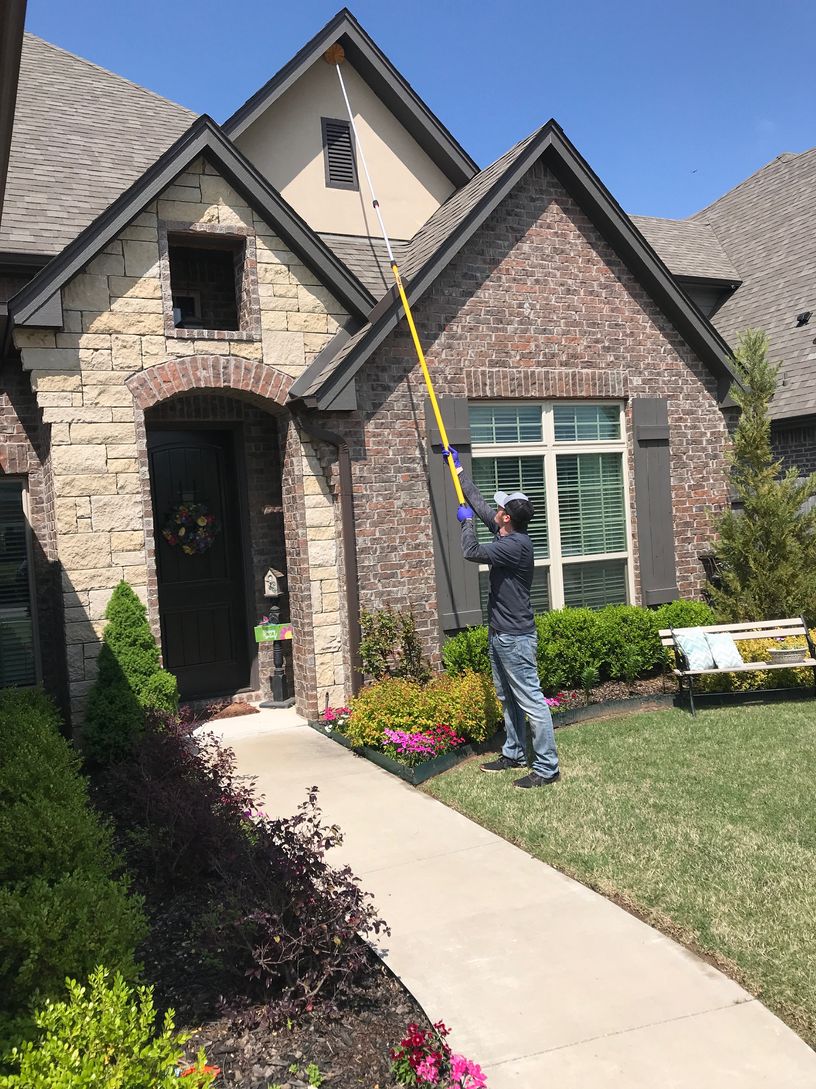Pest Control Coweta Ok
Pest Control Coweta Oklahoma
Pest infestations are quite common in both commercial and residential properties of Coweta. These pests cannot be ignored because they will cause severe damage to your property and spread diseases if you do. Some common pests seen in this region are bed bugs, termites, ants, and rats. Most people will not even be aware that the pests have already evaded their property. When the colonies of these pests start growing and become an infestation, people usually see these pests scurrying everywhere. So, you must stay cautious about signs of pest infestations and notify the professionals at once. It will ensure that you get access to proper treatment at the right time and the infestation doesn’t go out of hand.

Signs of a Pest Infestation
Here are some signs of pest infestations that you need to be aware of. If you spot any of these on your property, it’s time to call for a professional pest control service right away. At Thrive Pest Control, we strive to give a high-quality and speedy service to our customers.
Pest We Treat
SCHEDULE A FREE ESTIMATE TODAY!
Pests We Guarantee
Now that you know about most of the pest infestation signs, we hope that you will identify these warning signs on time and inform us right away. Keep in mind that the more you wait, the more the infestation will spread. At Thrive Pest Control, we offer corrective pest control Coweta OK services and suggest preventive measures that you can take to ensure you do not have pest problems. Whether you want to know about our comprehensive pest management plan or you simply want help with a particular type of pest, we are just a call away. Choose our services and keep your house pest-free throughout the year.
At Thrive Pest Control, we offer a variety of services for you to choose from. So, irrespective of what your needs are, you will get a solution from our team. We are well-staffed with rigorously trained professionals in pest control Coweta OK and have extensive knowledge about the local pests in this area. We understand the threat that these pests pose, and so, we act will ultimate urgency. Best of all, we customize solutions for each client based on the extent of their problem and their needs. So, if you are facing any pest problem, Thrive Pest Control is here to deliver you a reliable and friendly service. Call us at (918) 600-2028 and book an appointment at your convenient time!
